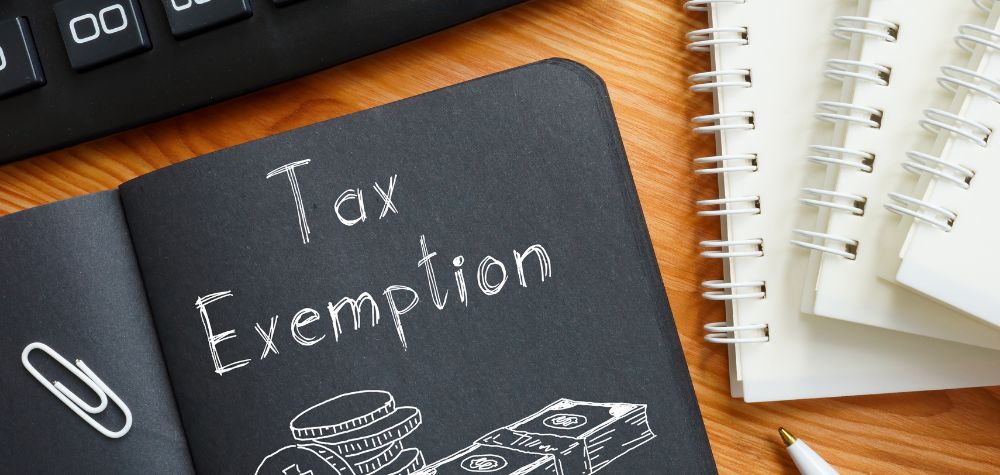What Income Is Considered Exempt In Your Income Tax Return?

Are you looking at the approaching 31 October deadline for individual income tax returns with plenty of questions? Don’t worry – your trusted tax professionals are here to help.
One of the more common questions we encounter around this time of the year involves declaring income – or, sometimes, when you do not need to declare income.
Exempt income is income you don’t pay tax on (that is, it’s tax-free). However, you may still need to report these in your tax return as the ATO use certain exempt income amounts to work out other calculations such as:
- tax losses of earlier income years that you can deduct
- adjusted taxable income of your dependants.
Exempt income includes:
- certain Australian Government pensions, such as the
- disability support pension paid by Centrelink to a person who is under age-pension age
- invalidity service pension paid under the Veterans’ Entitlements Act 1986 where the veteran is under age-pension age
- certain Australian Government allowances and payments, such as the
- carer allowance
- child care subsidy
- certain overseas pay and allowances for Australian Defence Force and Federal Police personnel
- Australian Government education payments, such as
- allowances for students under 16 years old
- Commonwealth secondary education assistance
- some scholarships, bursaries, grants and awards
- a lump sum payment you received on surrender of an insurance policy where you are the original beneficial owner of the policy – generally you do not earn, expect, rely on or regularly receive these payments – examples include
- mortgage protection
- terminal illness
- a permanent injury occurring at work.
Lodging your tax return can be time-consuming – why not consult with one of our tax advisers for help? Start the conversation with us today.




